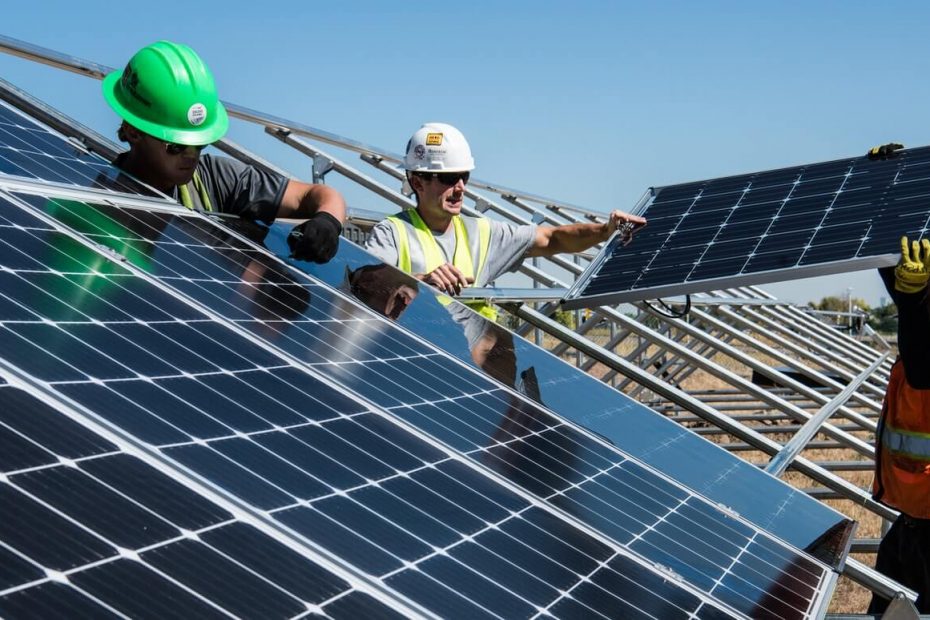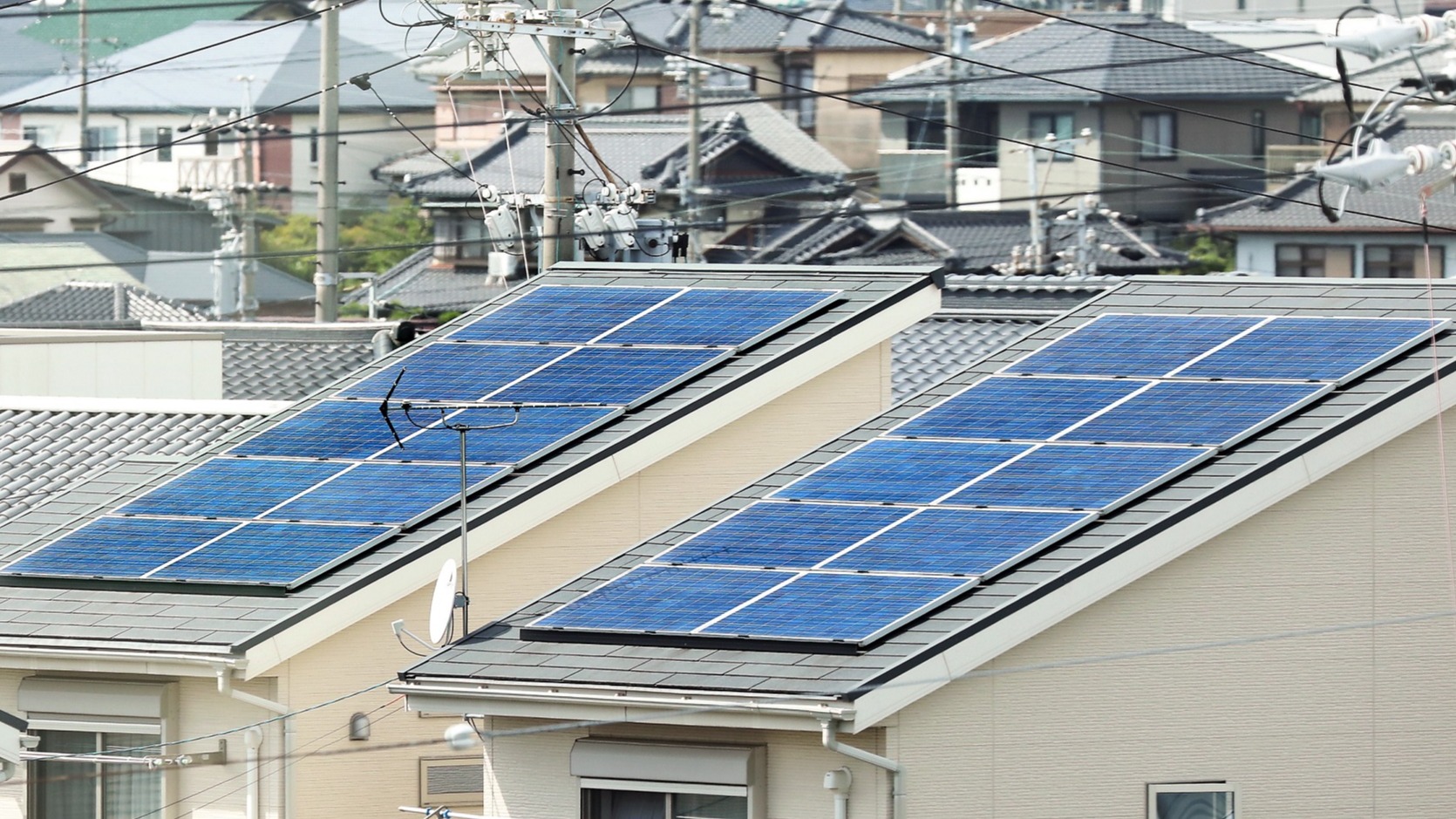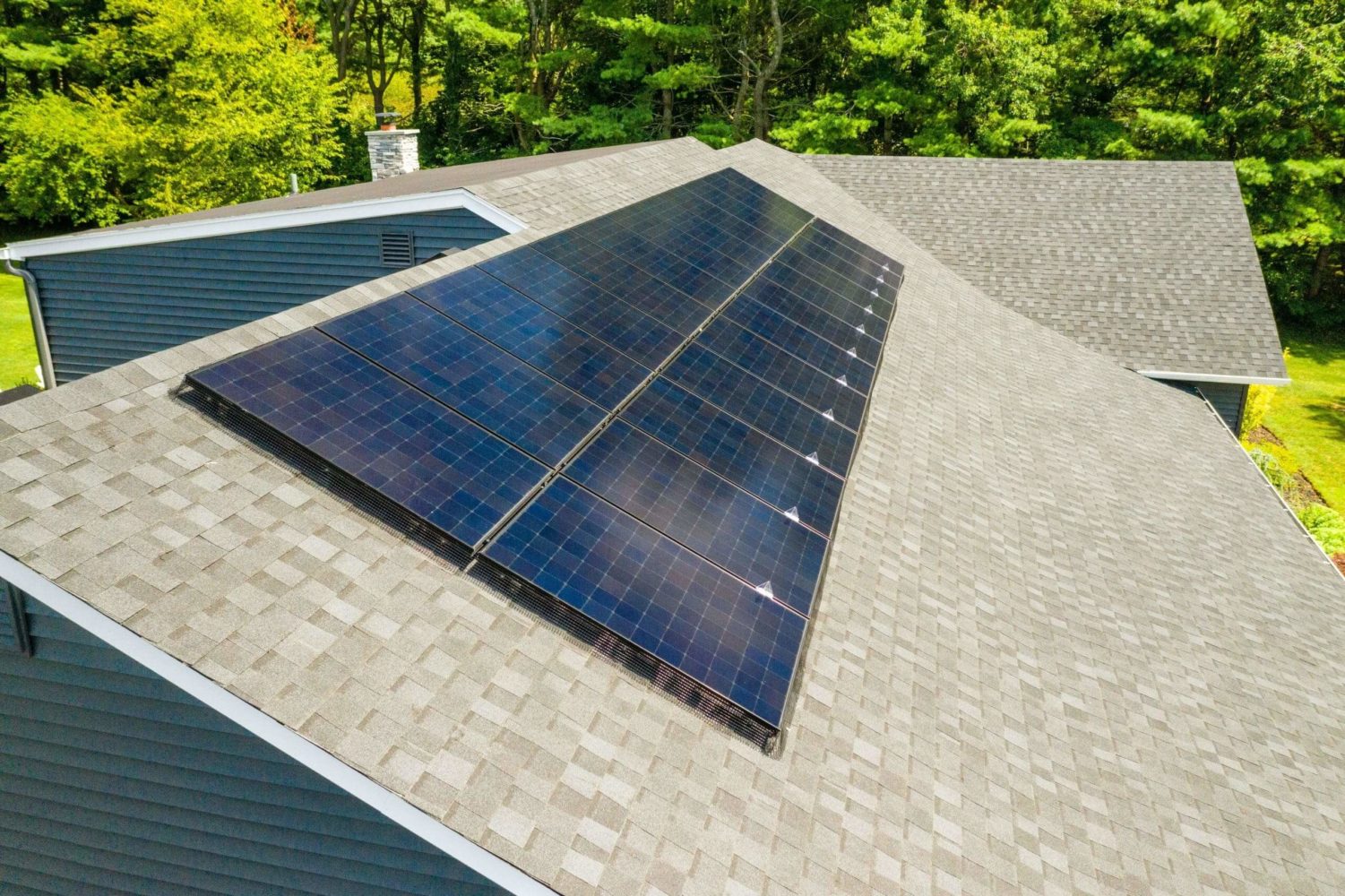
You might be asking yourself: do solar panels save money? The fact is that installing solar panels will significantly cut your energy bills over the years. Energy costs had been rising at three percent per annum up to recently. They are expected to rise by 2.8% annually. The money you save by installing solar panels will pay for itself over time.
Cost of solar panels
To offset the cost of solar panels, there are many tax credits. You can use the federal solar credit to offset 26 percent of the price of your solar panel system. You can claim any amount you like as a tax credit. A 10 kW system costs on average $27,700. You can claim $7,202 as a tax credit. This could make the total cost for a solar system as low as $20,498.
Cost is influenced by the size of your solar panels system. A larger system will require a larger area of roof, which will result in a higher price. A smaller solar panel system will, however, be less expensive. A smaller solar panel system will generate less energy but generally will cost less per watt. A larger system will require more equipment and labor to install.
Solar panels payback period
The payback period of solar panels varies depending on a number of factors, including the cost of solar panel installation, quality of the solar panel system, and annual electricity usage. Tax incentives and regional variations may also impact the savings. However, higher electricity prices generally translate into greater savings. This is not true for all areas. The best way to get an accurate estimate is to contact a solar provider in your area and request an estimate.

To calculate the payback period of solar panels, subtract the initial cost of installation from the savings on electricity bills. The payback period for most consumers is between six and ten years. You can pay back sooner or later. You can get federal tax credits and rebates that will reduce your payback period in many cases. It may also be shorter for customers with sunny properties or with higher energy costs. Furthermore, payback calculations consider only ongoing financial factors. They do not include additional benefits such an increased home value.
Efficiency of solar panels
The design of solar panel panels has a major impact on its efficiency. The efficiency is affected by the layout, configuration and color of the protective backingsheet. The effectiveness of black cells is less than that of blue and green. Additionally, solar cells can be less efficient at high temperatures. Anti-reflective coatings, multi-junction cell technology will increase efficiency and reduce solar cells' reflectance.
Obstructions such as trees, buildings and buildings can also cause solar cells to be damaged. Snow can block sunlight and lower the power output of solar panels. Wind can cool down the panels and increase their effectiveness.
Tax credits
Solar panels can be a great investment. Tax credits are available to you if you have any questions. These tax credit can be applied to either the installation cost or parts and labor of a solar system. These tax credits are also transferable to future years. However, solar leasing agreements do not qualify for these tax credits. This means that you need to make sure that you'll be able to take advantage of the credits.
The federal government offers tax credits to solar investment. This means that your home can be significantly reduced on the cost of solar panels. The tax credit can cover up to 26% of installation costs for a solar power system. It is essential that you understand the rules and requirements in order to determine whether or not you are eligible for this tax credit.

Solar panels are a great way to increase the value of your house
Solar panels are an excellent way to add value to your home and reduce your energy bills. A typical solar panel purchaser could save hundreds of bucks per month, depending on the size of their home and electrical usage. But, it is important to consider the extra maintenance costs for the panels. Solar panels can also increase your home's resale price.
According to National Renewable Energy Laboratory, solar panels can boost a house's resale value up to $18,324 by installing them on a medium-sized California property. These benefits become even more evident as you increase the size of your solar installation.